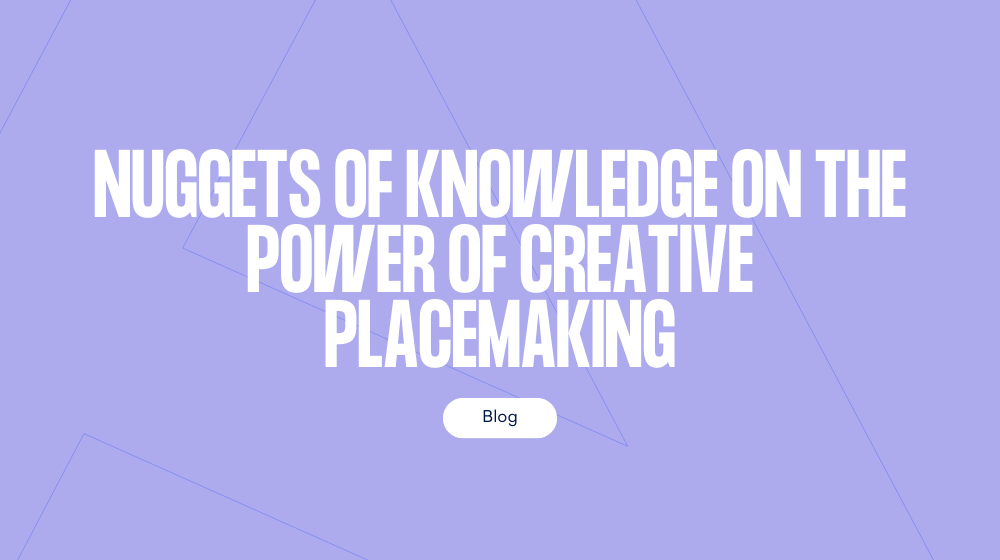Placemaking comes in all shapes and sizes. In Liverpool’s Knowledge Quarter, it’s on the large side - 450 acres to be exact. That area plays host to over 50,000 students and 14,000 jobs. It boasts “major players” in the science, health, technology, culture and education industries and, as a scheme, is aimed at positioning Liverpool at the forefront of global innovation.
Shaping a destination worthy of that lofty goal and with over £1 billion of new developments in the pipeline requires a good dose of creativity. It’s for that reason that the Knowledge Quarter regular event series today focused on “the power of creative placemaking.”
The event was hosted by CEO of the Knowledge Quarter Colin Sinclair, with four speakers giving their views. As is often the case with such events, a wealth of interesting insights were raised. Here are our favourites bite-sized morsels.
Colin Sinclair, CEO of the Knowledge Quarter
"How we go about placemaking changes as our lifestyles change." – Our lives are ever more 24-hour, mobile, digital and transient - places must adapt to accommodate these needs.
“Offices are going to become more like homes.” – By way of example, Colin referenced offices, which are increasingly comfortable, designed with wellbeing in mind and geared towards more mobile workforces.
Michael Eakin, CEO of the Liverpool Philharmonic
“How do we, as a city, make ourselves different?” – Some things that make a city unique come naturally, but others require imagination and planning.
“No-one can create another Beatles, but we can create the conditions in which culture can thrive and prosper.” – If you sow the seeds for culture to thrive, then thrive it will!
“What kind of place do we want this to feel like?” – Placemaking isn’t just about what a destination looks like, but about the feeling it conveys too. The features of a place help to create this.
Mark Davies, Architect Director of K2 Architects
“What is placemaking?” – Mark said he’s boiled his take on placemaking down to the eight points of planning / management, multifaceted, promoting wellbeing, a strong narrative, having a “spirit of place,” differentiation / vision, reinvention and ownership by people.
“Public realm drives growth.” – Although counterintuitive to some developers, less building space and more public realm can be more profitable, by virtue of giving people places to stop, sit, meet and generally hang around.
Anna Heyes, Managing Director of Active Profile
“Comms play a crucial role in the design and visioning process.” – If you’re looking for a comms agency when your place is nearing launch you’re too late. Comms should start at the very beginning of a project.
"Placemaking projects need to harness the question 'what have you been up to?'” – What is it that will get people talking about your destination? What makes you talk about destinations?
“What’s the next story?” – Not only should you always be thinking of the next campaign and its accompanying narrative, a destination should always evolve, weaving new chapters of its own story all the while.
Atul Bansal, co-founder & partner of the Sheila Bird Group
“You need a bit of chaos.” – By mixing up developments to include business, residential and leisure elements, they become more animated and exciting.
“Empower people to do their bit.” – A destination’s stakeholders extend beyond its developers and businesses. Engage all who express an interest and your destination will be all the more vibrant for it.
This article gives a brief insight into planning and delivering placemaking communications. There's a lot more detail in our ebook Effective Placemaking Communications For Your Mixed-Use Development, Volume 2: Create, which you can download for free.




